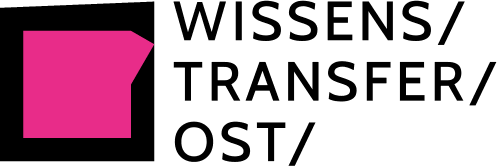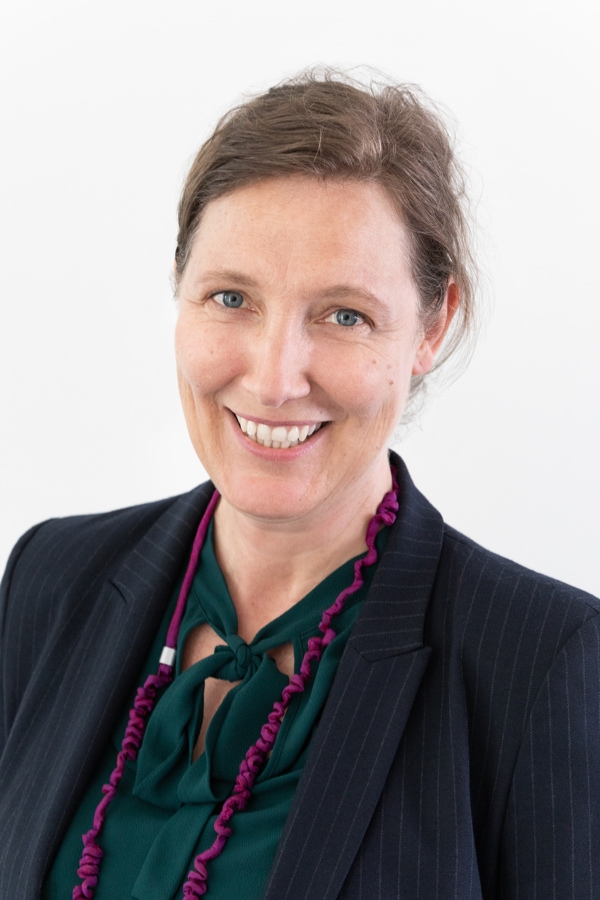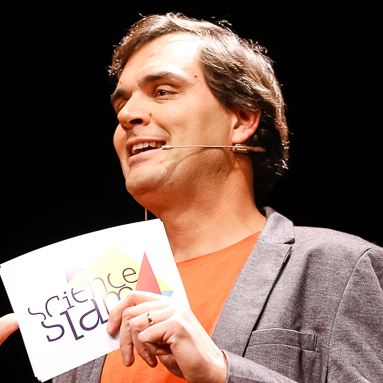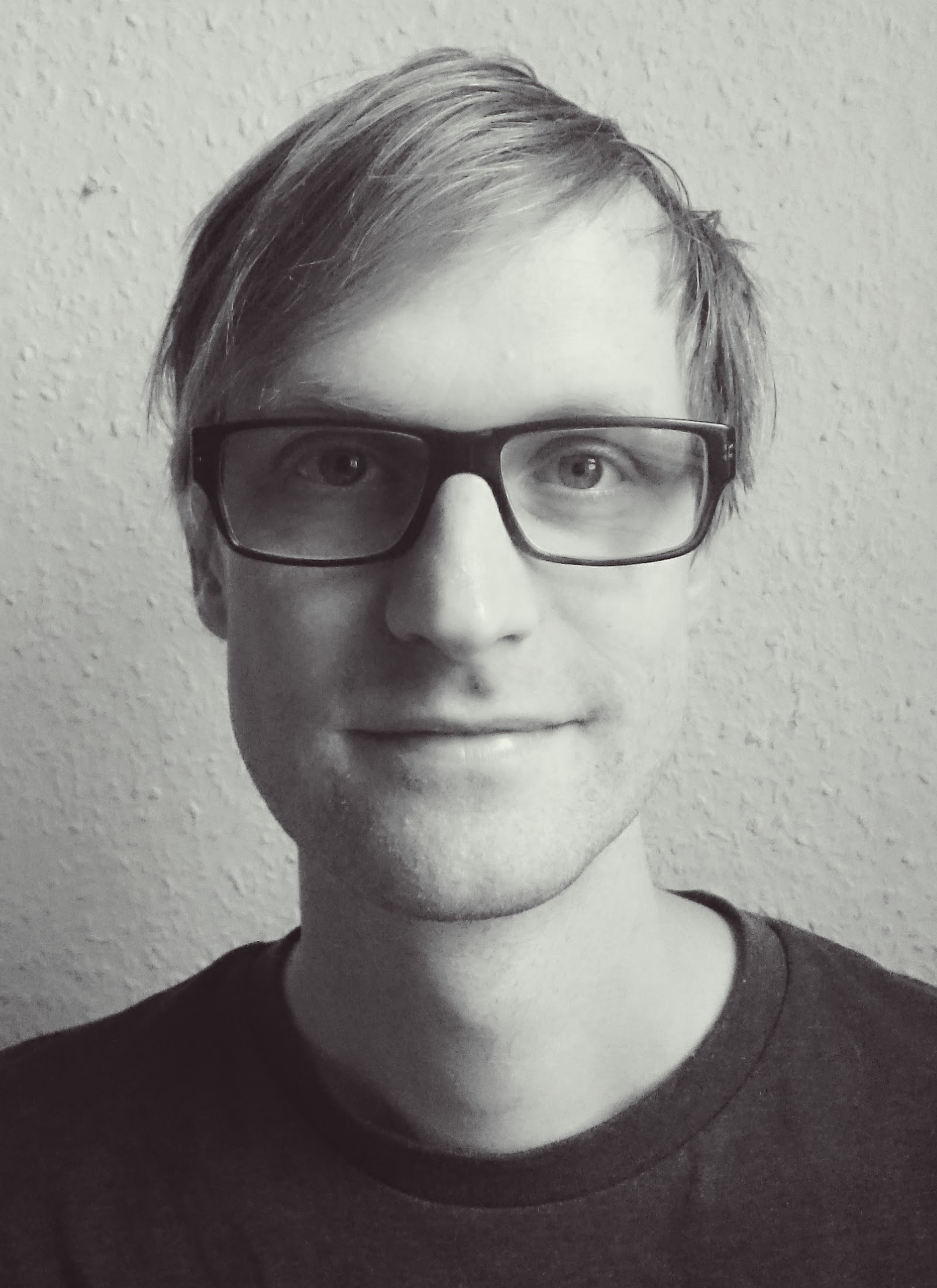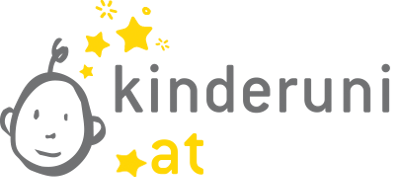Research and innovation are of great importance for our daily lives and our future. At the same time, however, various surveys repeatedly show that the public is highly suspicious towards advances in modern science. Scientific literacy of the wider public, therefore, presents one of the greatest challenges to gain general acceptance of science and research in today’s society. Researchers can actively take part in facing this challenge by communicating their projects to the public.
Communicating scientific research to different audiences, however, calls for a great range of skills. How can you get a six year old girl to grasp the idea of a complex physical phenomena? How can you communicate your research via social media?
At the “Science & Society: Summer School for Public Engagement 2018” expert trainers will provide you with the practical and technical know-how of science communication and guide you through your first steps of reaching out to society.
Aim:
This summer school focusses on enabling early career researchers to communicate their research to a wider public. Science communication experts will equip you with all the skills required to communicate your research through different means (film, science slams, social media …) to different target groups outside of academia.
The workshops are held in an interactive training setting: In order to train and test the newly acquired skills, all participants will work on their own science slams!
Science & Society Summer School
| 11 Sep, 10:00am-5:00pm | Introduction: Science Communication and Public Engagement | Trainers: Sarah Funk and Heidrun Schulze from ScienceCenter Netzwerk | |
| 12 Sep, 9:00am-1:00pm | Science Communication with Children and Young People | Trainers: Karoline Iber and Susanne Schramm from the Children’s Office at the University of Vienna | |
| 12. Sep, 2:00am- 6:00pm | Science Slam | Trainer:Bernhard Weingartner | |
| 13. Sep, 9:00am- 1:00pm | Spread the Word: How to Communicate Science in Social Media | Trainer: Daniel Messner | |
| 13. Sep, 2:00am-5:00pm | Poject Lab: Try out your newly acquired Science Communication Skills! | Trainer: Bernhard Weingartner | |
| 14. Sep, 9:00am- 1:00pm | Film & Video: Storytelling | Trainer: Markus Mooslechner | |
| 14. Sep, 2:00am -4:00pm | Project Lab: Finalize your slam! | Trainer: Bernhard Weingartner | |
| 14. Sep, 4:00pm- 5:00 pm | Final Presentation of all Projects | Trainer: Bernhard Weingartner |
| SARAH FUNK graduated in Development Studies at the University of Vienna. As a project manager at the Association ScienceCenter-Network she curates travelling exhibitions, conducts research and runs professional development workshops for scientists, researchers and teachers. Together with Heidrun Schulze, Sarah will give an introductory course on different ways to communicate scientific knowledge to youngsters. | 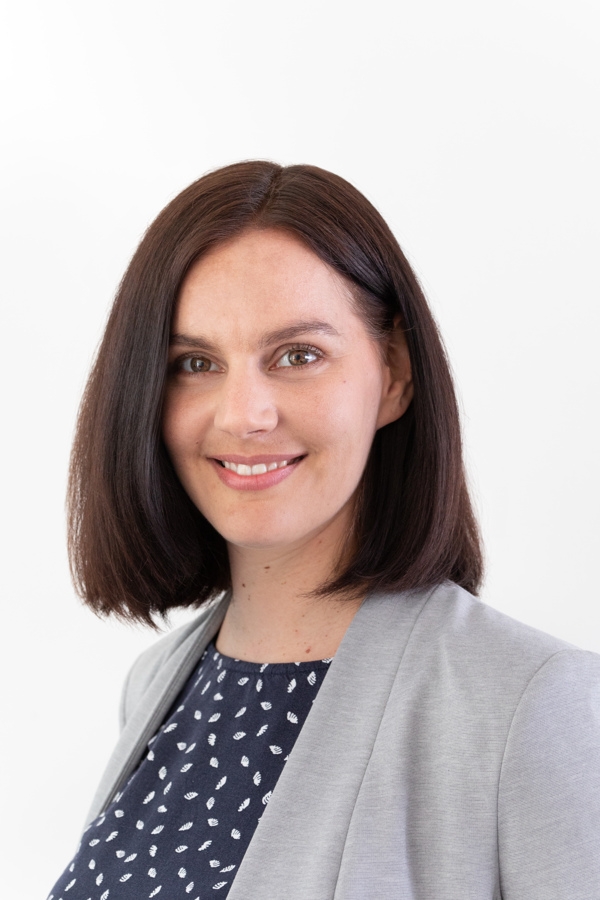 |
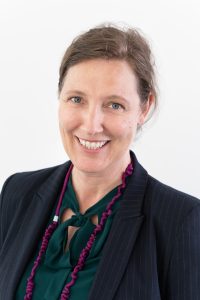 |
HEIDRUN SCHULZE studied Historical Sciences, Russian Language and Political Sciences at the University of Vienna. Since 2012 she has been working as a project manager at the Association ScienceCenter-Netzwerk with a special focus on diversity and social inclusion in interactive science communication. |
| DANIEL MESSNER is a historian, working for the public relations department of the University of Hamburg. He formerly produced the AUDIMAX podcasts at the University of Vienna and now runs his own history podcast called Zeitsprung. In his workshop „Spread the Word: How to Communicate Science in Social Media “ Daniel will provide the participants with all the necessary insights and tools of implementing social media to forward their research. | 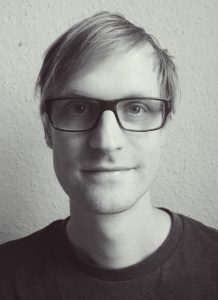 |
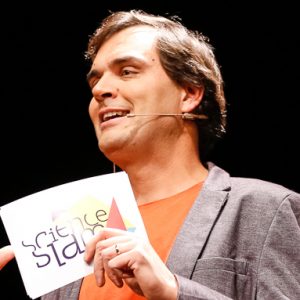 |
BERNHARD WEINGARTNER’S mission is to make complex scientific topics as engaging as possible. As a physicist he teaches science communication at Vienna University of Technology, performs science shows and organizes „Science Slam“-contests, motivating young scientists to present their research on stage. At the summer school Bernhard will assist the scientists with preparing their science slams. |
| KAROLINE IBER is the general manager and founder of the Vienna University Children’s Office, President of eucu.net (European Children’s Universities network) as well as a pedagogue, trained in special education, group dynamics and organizational development.Together with Susanne Schramm she will hold the workshop on how to reach out to a younger audience. | 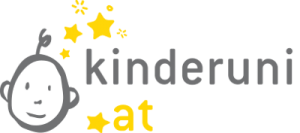 |
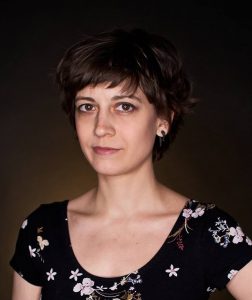 |
SUSANNE SCHRAMM is also a team member of the Vienna University Children’s Office as well as the coordinator of Vienna Children’s University at the University of Vienna. Also, she is a trained early years teacher, writer and particularly interested in didactics in understanding nature and theater education. |
All workshops will take place in the „Seminarraum 2“ of the Center for Doctoral Studies at the University of Vienna:
Center for Doctoral Studies
Berggasse 7 (2nd Floor)
1090 Vienna
Who can apply for the summer school?
This summer school is addressed at early career researchers (PhD, early postdocs).
How can you apply?
Please fill out the following online registration form and send us a one page motivational letter as well as your CV to the following address: lisa.grabner@univie.ac.at
Deadline of Appplication?
Extension of Deadline: 3rd of August
How much does it cost?
The fee for this years’ summer school is 50 EUR-. This includes all the workshops as well as lunch for all four days. You will receive further instructions for the enrolment as soon as you have been accepted to the Summer School.
Maximum number of participants: 20
Simultaneously to the Science & Society: Summer School for Public Engagement, there are a number of activities and events in Vienna that fit in perfectly with the overall topic of the summer school.
BE Open – Science & Society Festival
After the workshops have finished, the participants have the opportunity to visit various pop-up pavilions at the BE Open Science and Society Festival at Maria-Theresien-Platz which is very close to the location of the summer school. Together with partners from science and research, the Austrian Science Fund (FWF) is celebrating their 50th anniversary offering a wide range of exhibits dealing with various areas of research.
Please click here to see the full programme of the festival.
Arts & Science: Seneca, “Die Trojanerinnen”
As part of the Arts & Science Festival on the Campus of the University of Vienna a group of students from the Department of Classical Philology, Medieval and Neolatin Studies will perform “The Trojan Women”. The drama will be staged on the 13th of September in the pavilion on the Campus of the University of Vienna. Although the play is for free you need to register here. Please note that the play will be performed in German.

